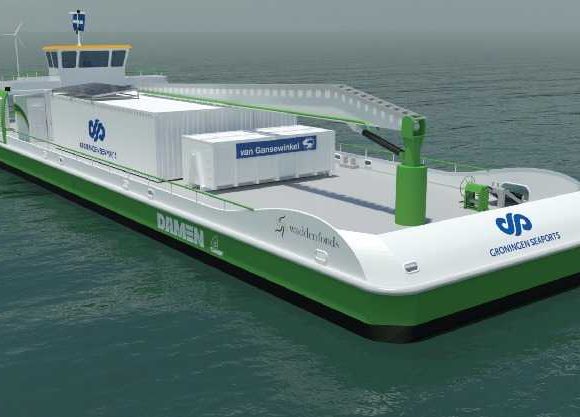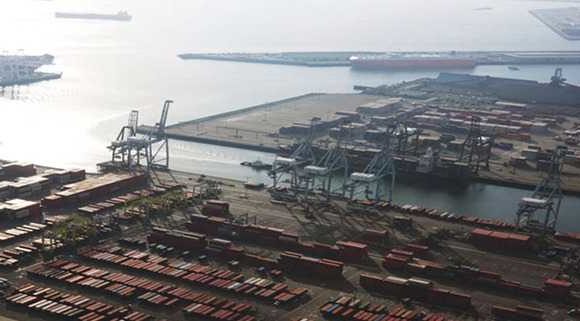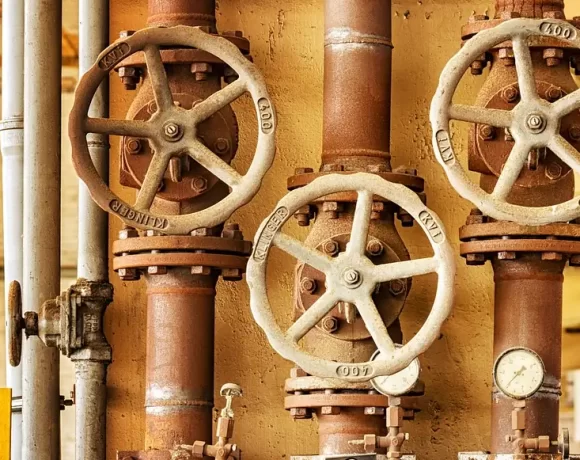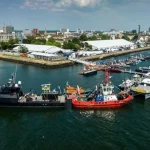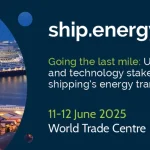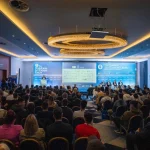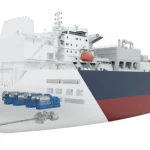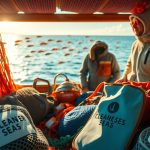The Ongoing Challenge Of Environmental Compliance
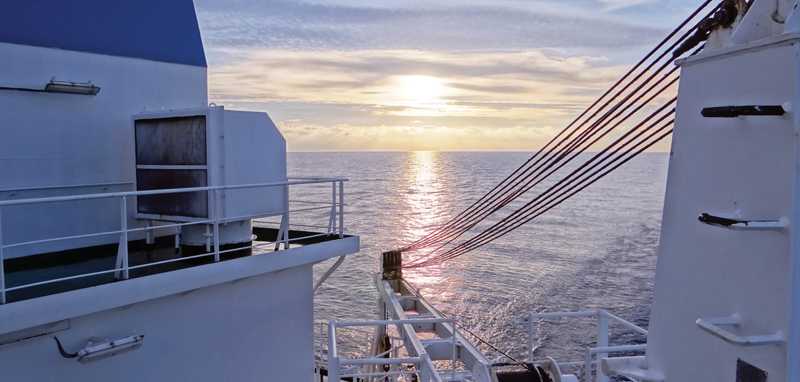
Keeping up with new legislation in shipping is a constant challenge for the ship owners and managers. Many say the industry is over regulated and the only benefits are for the equipment manufacturers. A good example is the current ongoing programme of lifeboat hook replacement which is going to cost the industry hundreds of thousands of dollars and not going to restore the seafarers lost trust with these systems. Simple Fall Preventer Devices (FPDs ), opposed by one of the biggest manufacturers, is an effective solution at a fraction of the cost that helped restore sea-staff confidence in boat drills.
Legislation introducing equipment requirements before the equipment or technology is available is another problem. Ballast water treatment is a clear example of this and there is no tried and tested system at present that can meet the requirements of international and US regulation.
January 2015 brings yet another challenge for the maritime industry as new MARPOL Emission Control Area (ECA) requirements in North Europe and North America approach.
Owners have three broad choices :
- Operate on Low Sulphur distillate fuel such as Marine Gas Oil.
- Fit exhaust gas scrubbers.
- Convert the vessel to operate on LNG or another low sulphur product such as LPG or one of the bio fuels.
The latter two options involve significant costs in equipment purchase, installation and operation. Payback time will depend greatly on the vessels fuel consumption and time spent operating in the ECA s.
Using Marine Gas Oil, with current costs standing at around 800 900 USD/tonne, will cause an increase in demand and so push up prices further.
The major buyers of scrubber units so far have been the cruise and ferry industry who can predict their geographical operating profile and fuelling ports well into the future. There has also been a similar local uptake on LNG technology mainly for new builds but with some conversions being trialled. This is more likely to increase in the medium term as there is more clarity on supply side logistics.
The vast majority of ships trading on 1/1/15 will therefore be required to operate on low sulphur MGO while in the ECAs. This will raise its own series of challenges which will require to be dealt with.
Changing over main engines to run on MGO at present is usually done while reducing power approaching port. Engines are rarely run for extended periods on distillate fuel which has a much lower lubricity. Changing over mid passage requires proper pre-planning, risk assessment and tests to ensure it is carried out as safely, smoothly and efficiently as possible.
Despite reports in the marine press of potential widespread non-compliance, this is not a realistic option.
The actual fuel changeover procedure itself will require careful monitoring to avoid risks of cold shock of fine tolerance injection equipment and gassing up of hot systems, (in some cases there may be a need to fit chillers to ensure the gas oil viscosity does not drop too far). V.Ships is working closely with engine builders to ensure that all physical risks are known and mitigated.
Equally important is the documentation. Details of the fuel loaded and the changeover also needs to be carefully managed in order that the ships can prove compliance with MARPOL. Frequently the penalties for incorrect documentation are higher than the physical violations. A recent article in the marine press had MARPOL VI issues flagged up as the next Magic pipe which has resulted in fines approaching 0.5 billion US$ in the industry. For this reason the V.Group Management system has been designed to meet the demanding standards defined for a Compliance Management System by the U.S. Department of Justice.
Preventative procedures in place include an Open-Reporting facility (or Whistleblower) policy that encourages all staff to report a violation via a dedicated secure line. This can be by voice, email or SMS text message.
V.Ships also successfully manages a number of vessels operating under a US DOJ imposed Environmental Compliance Plan (ECP) after a magic pipe case involving the previous manager.
Zero tolerance is emphasised however the overall aim is to get to a position where compliance is instinctive and accepted as the way we do things.

Matt Dunlop
Group Director,
V.Ships Ship Management
Direct dial: +44 141 305 7849
Mobile: +44 7884 430 159
Email: matt.dunlop@vships.com

